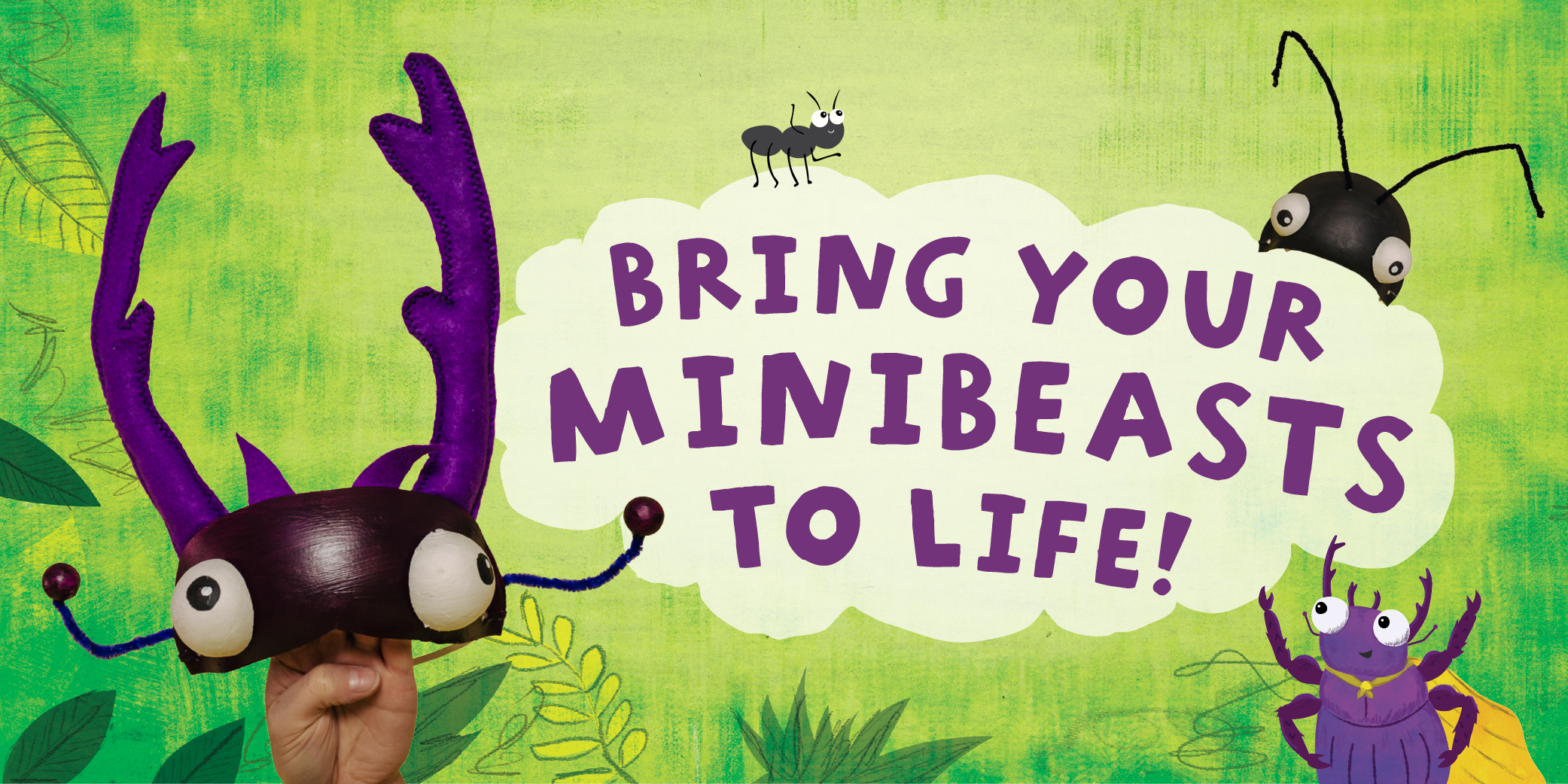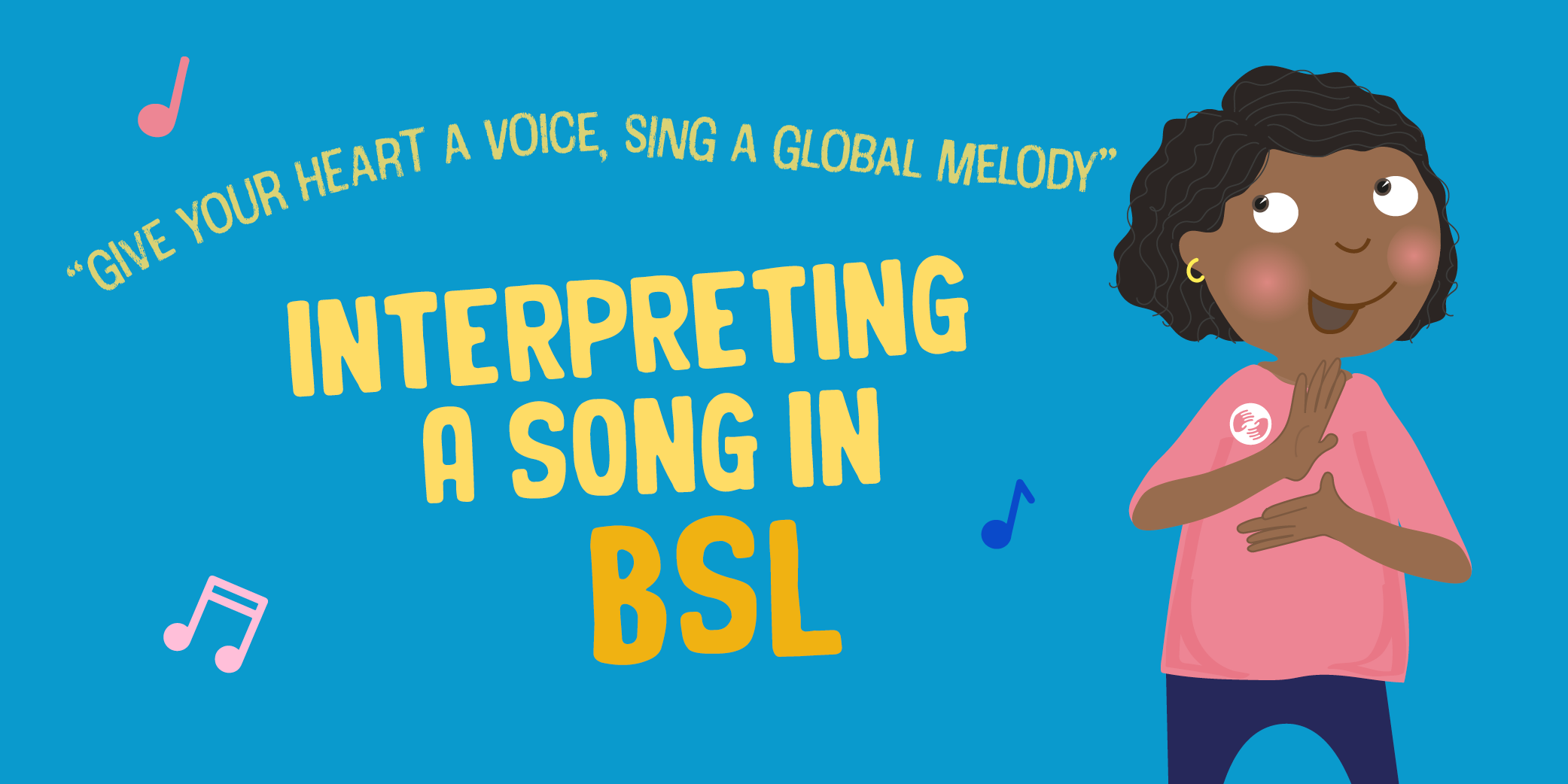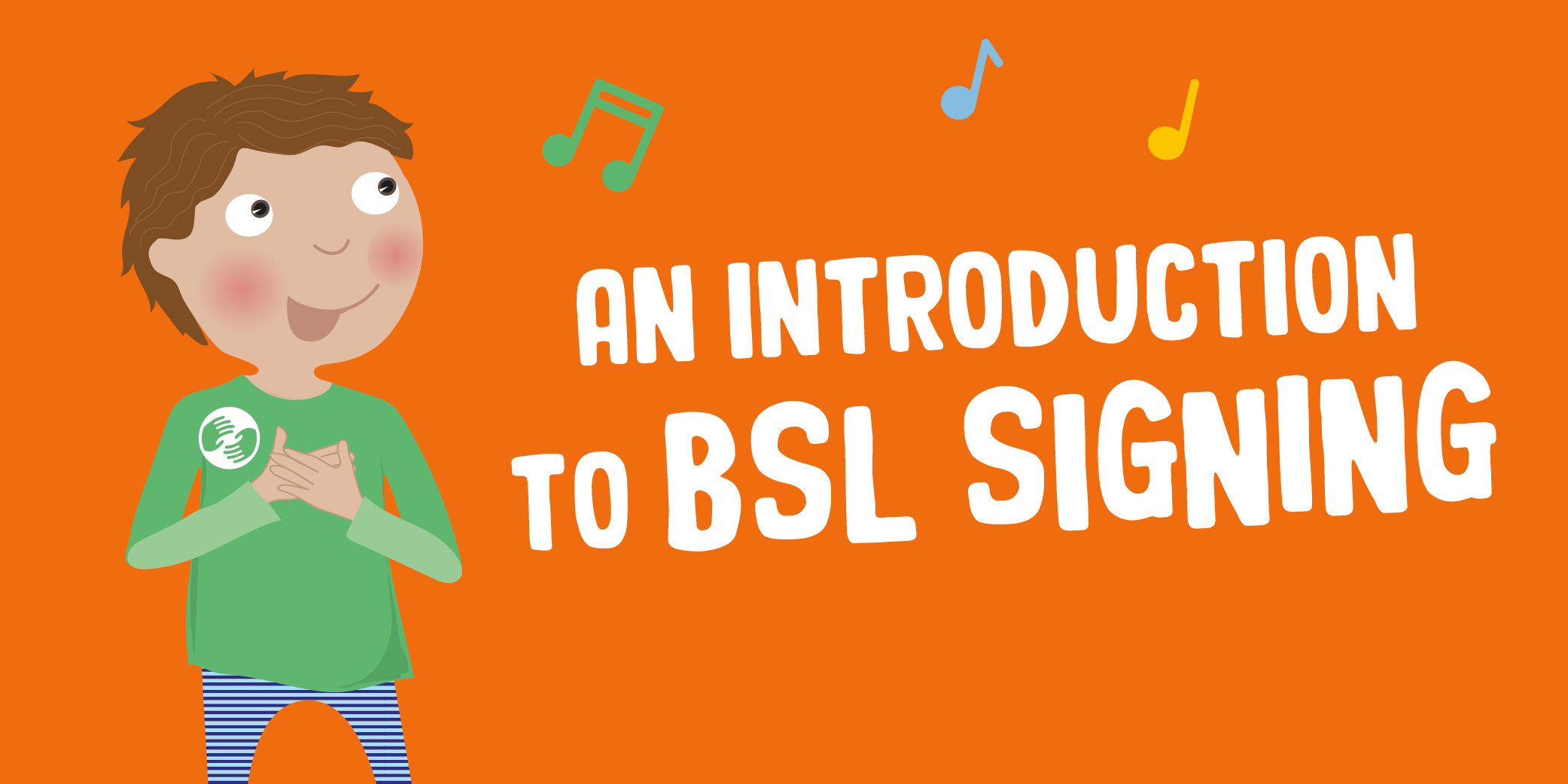
You might think there isn’t much to sing about these days, but if there was ever a time we needed to empty our lungs then it is now.
Singing is intimately linked to our mental wellbeing and it is hugely beneficial to our physical health too, so this is hands down a win-win situation for everyone.
Lockdowns might mean that we can’t let rip like we used to in assemblies, music lessons and drama sessions, but that doesn’t mean we have to stop – we can sing anywhere!
Children have plenty to gain from singing and should aim to make it one of their five a day – there are lots of reasons why it will boost their general wellbeing and make them feel good.
1. Singing helps you feel more positive
Managing our mood can be difficult, especially during uncertain times, but singing can help if we feel stressed, anxious or depressed. Children can lift their spirits by singing so that it helps them feel more positive.Singing produces feel-good emotions, and the positive vibes experienced while singing can continue throughout the day.
If you have lost your mojo, then singing will help you find it, brush it off and have it fizzing again. You can literally sing yourself happy as it can release dopamine – the chemical in our brains that makes us chipper.
Singing is a mood-shifter and lifter and it is fun.
2. Singing can help you express yourself
This week, 1st – 7th February 2021, is Place2Be’s Children’s Mental Health Week and their theme this year is Express Yourself.Expressing yourself is about finding ways to share feelings, thoughts or ideas through creativity and doing activities that make you feel good.
What better way of expressing yourself is there than through music and singing?
If you want to feel good about yourself, then sing. You can sing your favourite songs or write about how you feel and craft your own lyrics.
Singing is the ultimate form of self-expression and soul expression. It helps to release your inhibitions and it gives you the freedom to be yourself. It is a cathartic activity and provides an outlet for your feelings.
3. Singing can build resilience
The trials and tribulations of the pandemic make life difficult, and so it is little surprise that children can feel like it’s all getting too much. The problem with this is that we can start to enter a pit of doom and gloom and give up.But singing can come to the rescue by helping us find the inner strength to keep on going and keep on fighting. Singing is part of the armoury we can all access to motivate ourselves, and it helps people stay resilient despite chronic stress and adversity.
4. Singing can bring you peace
Singing is full of emotion and one thing it can do is help calm us and make us feel more peaceful.The pandemic can make us all feel like the end of the world is happening, but singing can push those thoughts away and help us get back on an even keel.
Singing can help restore balance and help children find an inner peace rather than feel in pieces. It helps with mindfulness, being in the present moment, and can be meditative and also spiritual.
Singing produces comfort and reassurance at a time of unfamiliar and potentially frightening experiences.
5. Singing can be a distraction
We all have different ways of coping with trauma and negative experiences and singing is a wonderful coping mechanism to help support the integrity of our mental health.Singing can be a great distraction in troubled times and it can take us away from negative news bulletins that scare us and breed fear. It gives us meaning and purpose.
Singing gives us all something else to focus our minds on, and it improves our mood and our performance too.
6. Singing helps build your confidence
When we are away from school then we can feel quite alone and this can knock our confidence.Singing can knock these feelings on the head, build self-esteem and motivate us to try other activities.
When children sing then they start to get to know themselves better. As they practise, they learn to develop their voice and persona. Over time, they begin to like the sound of their voice and can control their volume, pitch and pace with more aplomb.
Singing for the joy of singing builds confidence, self-worth and self-respect.
7. Singing builds courage
Children get stronger when they take risks, and to do that they have to give things a go. Singing helps children build their courage, especially if they perform in public.And with each performance, singing increases their ability to stand up to their fears and also the voices of others. Singing can make children feel vulnerable, but with positive and constructive feedback they can get braver still and also be less self-critical.
Singing can therefore have a ripple effect and help children do other things in their lives with much greater self-belief.
8. Singing can be a new hobby
For some children, singing is something they have always done, but for others, being at home means they might be looking for a new activity to do.Singing can become part of learning some new skills and an activity that children can participate in regularly. When done remotely, children who might be quite shy or reluctant to sing are more willing to give it a go as it makes them less self-conscious.
Not only is singing empowering, but it can also take children out of their comfort zones, so it is challenging too, without being intimidating. Singing is therefore very personal and a great way to self-develop and imbue a sense of achievement, so it is very rewarding.
9. Singing is good for the body
Singing is aerobic and helps with breathing, heart rate and relaxation. It also helps to relieve stress and muscle tension.When we sing, we engage 64 muscles, mostly in pairs, and that’s a good workout for the body, especially the diaphragm, intercostal muscles and muscles around the neck. Singing and dancing are a natural pairing so that’s more exercise! The way we breathe when we sing is super-beneficial for the heart and lungs.
Singing helps with our breathing because it teaches us to breathe more slowly and deeply, reduces anxiety and potential feelings of panic, and improves our posture to help us breathe more efficiently.
It has been shown to have a positive effect on our immune systems, helping us to ward off disease. Singing can help prolong life.
10. Singing can help children get in the zone
Spirituality and wellbeing are enhanced by singing because it promotes transcendence, connectedness and ‘flow’.Singing is a pleasurable activity and children can lose themselves in the joy of singing and get ‘in the zone’. This is when they are totally immersed in what they are doing and enjoy the activity without thinking about much else.
Singing is playful.
11. Singing makes life more fulfilling
Without singing, then, our lives are pretty empty. It helps our spirits soar and boosts the body. But it is also an important part of who we are, forming part of our identities, vocal and personal.Singing can help shape a child’s identity because it feeds into a range of key qualities and attributes that are life skills. Children's musical engagement as singers, song-makers and music-makers provides them with valuable opportunities to develop as people.
Singing shapes a child’s outlook and mindset strategies, and provides narrative structures in which they can perform and enact multiple ways of being.
Singing makes us more interesting as people.
12. Singing helps children reach their potential
Singing activities foster our intellectual engagement with music, and this includes a knowledge and understanding of musical structure, phrasing, the development of musical memory and tone colouring. It also contributes to other musical building blocks (such as pitch, rhythm, loudness).Singing can be used to reinforce challenging concepts, support numeracy, improve motor skills and aid language development.
Singing really opens up learning boxes.
13. Singing brings people together
We might be living in little worlds of our own, isolating to stay safe, but that doesn’t stop us from enjoying life and sharing songs.Exceptional times call for exceptional responses, and so plenty of creative thinking, flexibility and doing things differently is needed to keep things going.
Singing can be done as a solo activity, with family, with ‘Zoom’ friends and via remote guided home-learning provision. We can sing along to the radio or YouTube videos, sing via online karaoke sites, join a virtual choir for some singalongs or just sing in the shower.
14. Singing is therapeutic
Singing soothes and heals. It ticks all the boxes because it is good for our minds, bodies and souls. If you want to feel better, then singing can make you feel on top of the world.Singing contributes to our eudaemonic wellbeing. This means it promotes a sense of doing well, being well, being happy and flourishing. It is an antidote to stress and can counteract the daily newsfeed of toxins.
Singing helps to create a healing and treatment experience, and it is a great way to beat the blues.
15. Singing makes others feel good
Singing is like community service in that it is a selfless act, others benefit hugely from the songs we produce.We can volunteer to sing for someone to help them cope with whatever they are struggling with. Singing helps other people dance, laugh, smile and forget about their worries for a while. Singing warms hearts.
If we sing by ourselves, we can record our songs and share them with loved ones and friends. But if we don’t want to do that, then for a different perspective why not try silent singing?
When we sing in our heads and practise to ourselves then we can feel the words, hear them in our head and enjoy our own private performance of a different kind. By mouthing the words we can focus on breathing, performance and body language. Silent singing is an important part of a singer’s routine.
Let’s start a singing revolution and make it a habitual part of what we do and who we are. If we make an effort to sing every day then we won’t just feel good, we’ll feel great.
Singing might not be a magic bullet, but it is the secret sauce and medicine to feeling better about ourselves. Singing has great wellbeing potential. It offers solace, escapism and the chance to uplift, and it is the world’s most accessible stress reliever.
‘Those who wish to sing always find a song.’ – Swedish proverb.
About John Dabell

John trained as a primary school teacher 25 years ago, starting his career in London and then he taught in a range of schools in the Midlands. In between teaching jobs, John worked as an Ofsted inspector, national in-service provider, project manager, writer and editor. He also worked for 6 years with Nottinghamshire Police. John now works as a writer, editor and resource reviewer.




